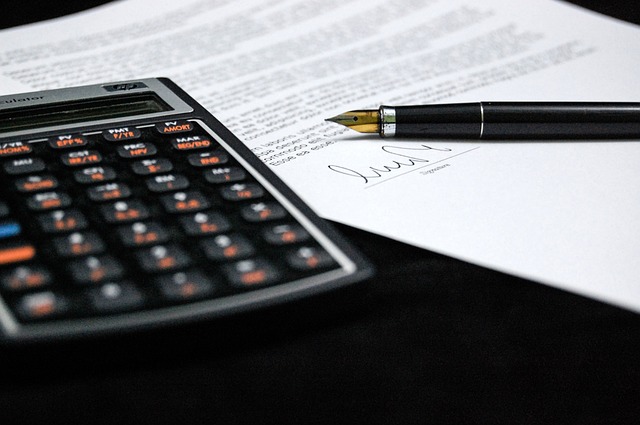
Are You Prepared if a Recession Hits?
In the news and casual conversation, you may hear people bring up the topic of recessions. What exactly are these? And how can you prepare for them? A recession is characterized by a drop in a country’s GDP, or Gross Domestic Product, for two quarters in a row. GDP represents the value of a nation’s goods and services as a whole. In other words, a recession represents a slowdown in American trade and industry for half a year or more.
Unfortunately, recessions are an inevitable part of the natural ebbs and flows of our financial markets and greater economy. While this period of economic decline is temporary, a recession can be harmful to your financial standing and security if you are not prepared! Thankfully, there are steps we can all take to build a financial foundation that will help us stand strong when a recession strikes.
Here are some ways to help prepare for a recession:
Building an Emergency Fund: Recessions impact everyone differently. In some cases, companies may see recessions as a time to freeze hiring, or even worse, downsize. No one wants to imagine worst-case-scenarios, but if you build your emergency fund now, you reduce the chance of instability during a recession. Push yourself to save a little out of each paycheck until you have built an emergency fund large enough to cover one month without income. If possible, set a goal of saving this amount within six months’ time. You won’t regret having this cushion, just in case!
Paying Down Big Debt: Bills and interest rates can become painful during a recession. To avoid the sting of interest or a tightened budget, assess the amount of debt you currently owe. Make reducing this debt a financial priority. Calculate how much you can afford to put toward this debt each month. If you won’t be able to reduce this debt at a faster rate than it grows with interest, consider seeking an additional source of income to help you reach your goal. The added income will help you get yourself out of debt and keep moving toward other goals like homeownership.
Avoid More Debt: Debt keeps you tied to lending institutions and interest rates. During a recession, high rates and persistent lenders can quickly create a financial nightmare! Take back control of your money and your future by spending mindfully, even when the economy is strong. Only make purchases on credit cards that you can afford to pay off at the end of each month. If you have a hard time staying on-budget, consider taking a break from online shopping and leaving your cards at home!
Recessions can be disruptive, but they don’t have to be!
Prepare yourself and your finances for the ups and downs of the future with more helpful tips at www.syncis.com/blog.



